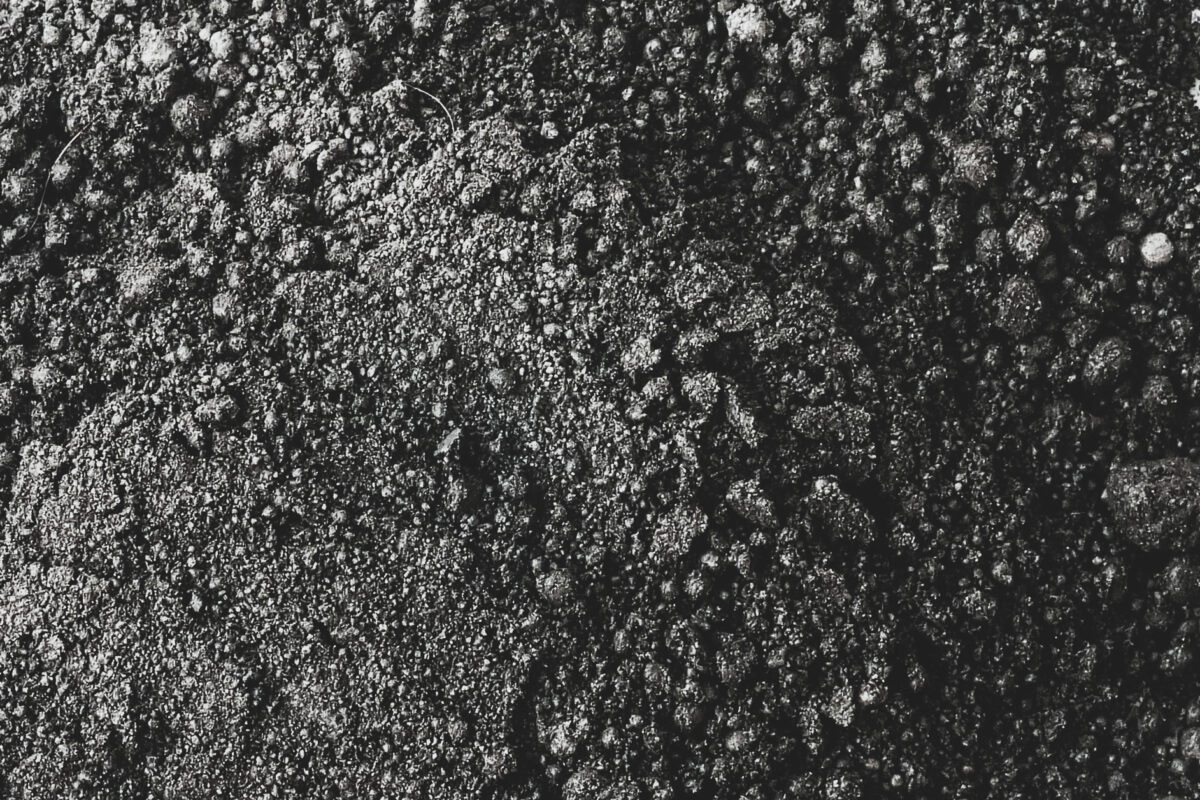Biochar is gaining global attention as a powerful climate solution—providing a scalable, cost-effective way to remove carbon dioxide from the atmosphere while creating value-added products. Produced through thermochemical conversion of biomass, biochar is a stable, carbon-rich material that resists decomposition for hundreds to thousands of years. When applied to soil, stored in construction materials, or used in industrial applications, it offers a practical form of carbon capture and storage (CCS).
For CHP (combined heat and power) plants, biochar production is a unique opportunity. Unlike large-scale, capital-intensive CCS systems, biochar extraction represents a small- to medium-scale carbon removal solution with low investment thresholds. By integrating biochar production into existing energy infrastructure, plant operators can CCS capabilities without massive investments—generating renewable power and heat while actively fixing atmospheric carbon.
Importantly, the thermal integration with combustion plants ensures that excess process heat is not wasted. Instead, it is recovered to support power production, district heating, or drying processes—boosting overall system performance, efficiency and reducing emissions.
Whether your goal is carbon removal, soil regeneration, or sustainable materials, biochar offers a future-ready solution that turns residual biomass into environmental and economic value.

